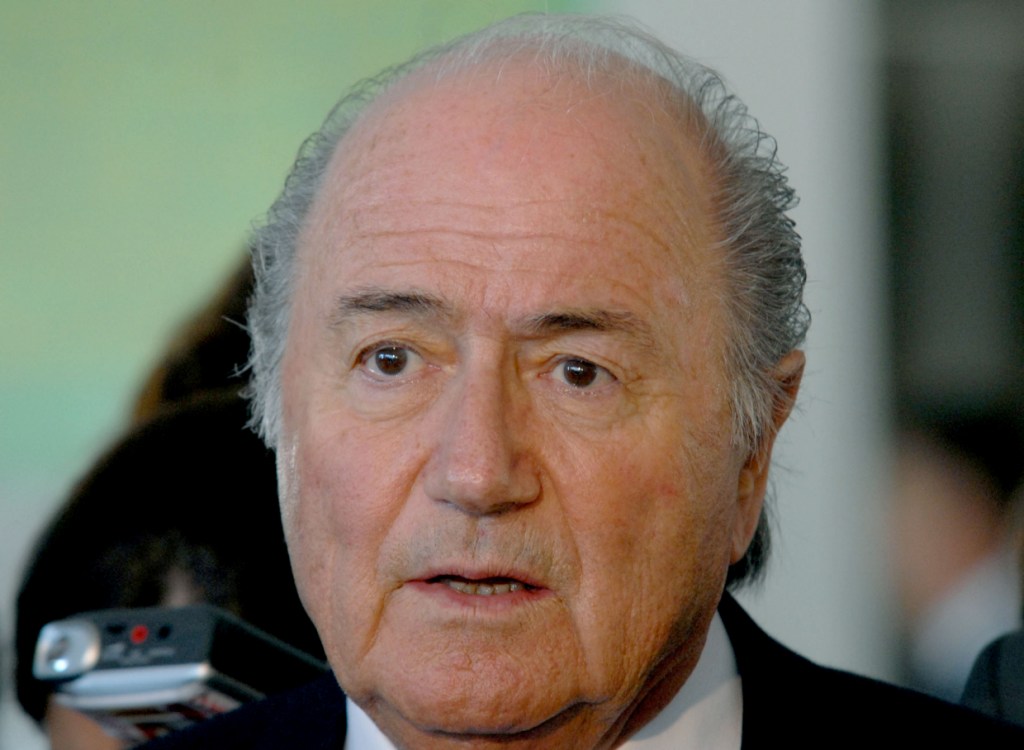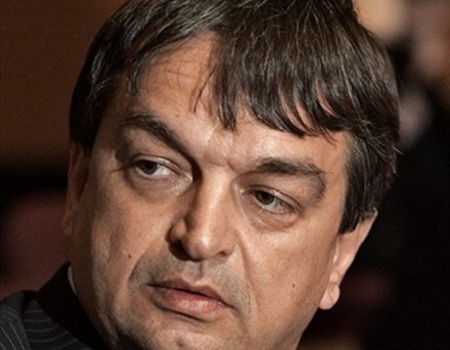By Andrew Warshaw
October 8 – Jérôme Champagne, an influential former FIFA administrator says the reform process instigated by Sepp Blatter, while “starting to adapt to the 21st century”, fails to address the need for greater democracy within the organisation.
Champagne (pictured top), who used to be FIFA’s director of international relations, has written to each one of FIFA’s member associations outlining his latest blueprint for further transparency and better governance.
Many of the measures taken by FIFA in the past year, says Champagne, are identical to those contained in a detailed agenda of proposals he sent to members in January when he analysed all that was wrong with FIFA.
Giving more power to its national associations, not least when it comes to selecting World Cup hosts, is a positive move, says Champagne, as are the processes launched by FIFA’s revamped Ethics Committee.
Nevertheless, says the highly respected Champagne – now an international consultant – certain issues “have not been broached” and should be in the immediate future.
These include changing the make-up of the Executive Committee to make it more equitable.
Champagne, currently serving as an advisor to Palestinian football, is viewed in some quarters as a possible candidate for FIFA President when Blatter steps down in 2015.

A former Blatter (pictured above) loyalist, he was ousted from FIFA amid rumours that he had been preparing to challenge for the Presidency at last year’s election.
The erudite Champagne has long been reluctant to speak about his exit from FIFA.
He was trusted with bringing long-running disputes to an end though there are those who privately believe he exceeded his responsibilities by allegedly holding unauthorised discussions with individual federations.
In his latest blueprint, written in six languages, he concludes by urging FIFA not to allow football to becoming too elitist and dominated by a rich few nations.
“This reform will not make sense if it does not launch a debate of the kind of football we collectively want for the twenty-first century,” he says, in order to make the game less elitist.
“No one should forget that football is nurtured from the bottom up.”
Contact the writer of this story at zib.l1734899912labto1734899912ofdlr1734899912owedi1734899912sni@w1734899912ahsra1734899912w.wer1734899912dna1734899912

